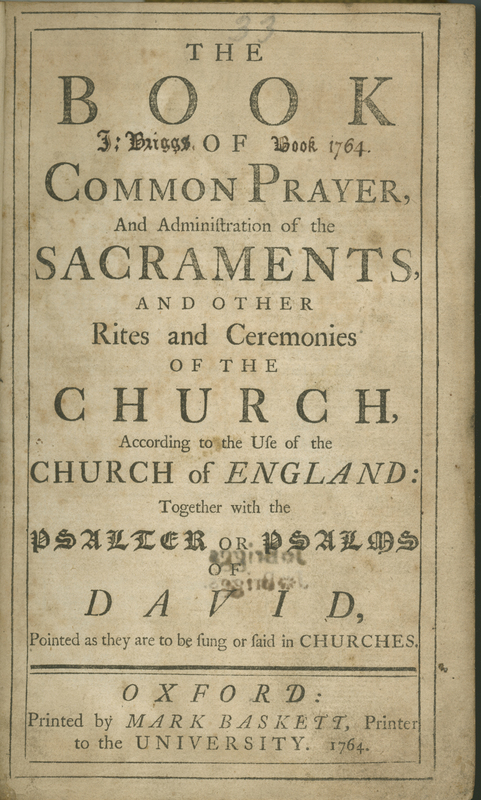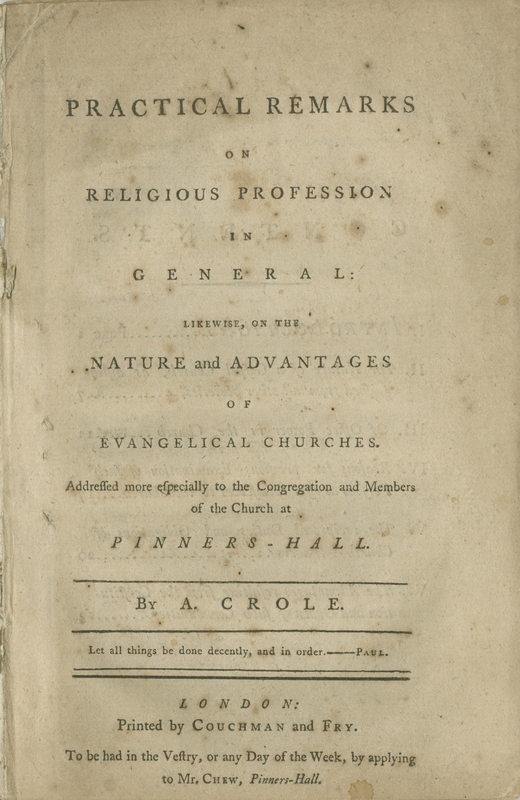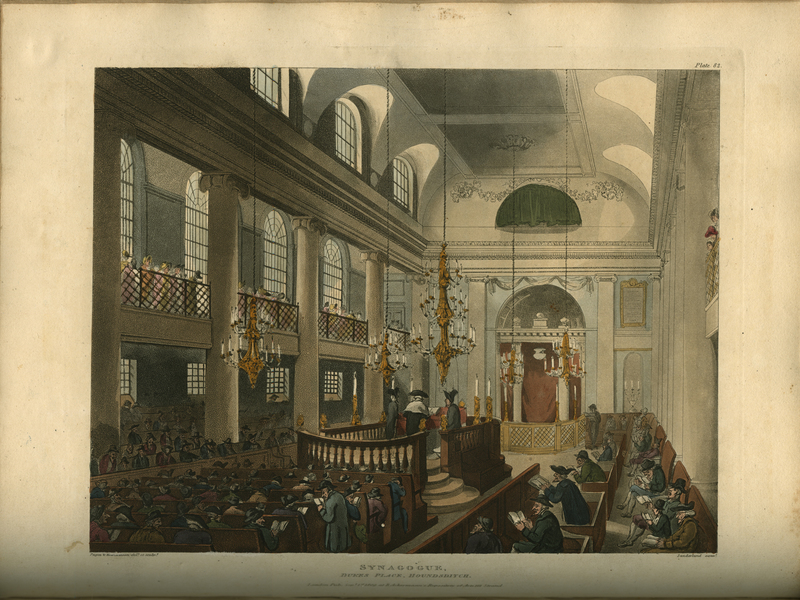Religion
The Church of England’s Book of Common Prayer offered the forms of sacramental services, prayers, biblical texts, and the Thirty-nine Articles delineating the doctrines and practices of England’s state church. Accepted in the Georgian period across doctrinal lines by High Church, Low Church, Wesleyan, and Evangelical adherents, The Book of Common Prayer was emblematic of Englishness itself.
Jane Austen—daughter, sister, and cousin of Anglican clergymen—was deeply embedded in the devotions and mundane responsibilities of her faith. Mainstream Georgian Anglicanism was characterized by seeking a livable balance between salvation in the next world and meeting the familial and social obligations of the present one. It was a religion, in many ways, concerned with right social relations, drawing upon both canonical scripture and neoclassical philosophy. The rights and obligations of social relations are a theme that runs throughout Austen’s novels, from the condemnation of John Dashwood’s selfish unwillingness to assist his stepmother or sisters in Sense and Sensibility to the map of intricate social connections in Emma’s Highbury.
Anthony Crole was a businessman turned Evangelical clergyman and a close friend of Lady Selina Huntington, an important aristocratic supporter of 18th century Methodism. In this text, Crole does not specifically align himself or the church at Pinners Hall, London, with any particular denomination. He comments upon the good fortune of living in a time when they can act “according to the dictates of our own consciences,” referring to The Toleration Act of 1689 permitting Dissenters to hold meetings in licensed preaching houses.
The lines between denominational participation were less strictly drawn in the Georgian period than in the Victorian, with significant fluidity between Anglican parishes and Nonconformist sects. While Austen’s own perspective on Evangelism is ambiguous, she was certainly aware of Evangelical currents that were reshaping the Anglican Church itself. Mansfield Park is often interpreted as an Evangelically-influenced novel, both in the character of Fanny Price and in the social issues that the novel explores.
Between 1808-1810, publisher Rudolph Ackermann issued color plates of London’s most famous sights, accompanied by short descriptive or historical essays in monthly parts. The Microcosm’s hand-colored plates offer an alluring window into early 19th century London. Included among the notable sights is The Great Synagogue, founded by Ashkenazi Jews in the 1690s, with the building on display constructed in the 1780s. According to The Microcosm, this was one of six synagogues in London at the time, and there were likewise places of worship in “every principal commercial town in Great Britain.”
The relative security and religious freedom of Jews in Georgian England is closely intertwined with Anglicanism’s efforts to develop policy towards Nonconformists and Catholics. The Toleration Act of 1689, while focused on Protestant Dissenters, gave legal recognition to religious diversity. Nonetheless, non-Anglicans were prevented from fully participating in political life and these barriers were much higher for non-Christians. As one example, a special form of Parliamentary oath for Catholics was introduced in 1829 and a few years later Quakers were permitted to give an affirmation instead, but only in 1858, after winning four election victories, was Lionel de Rothschild finally permitted to become the first practicing Jew to serve in Parliament.
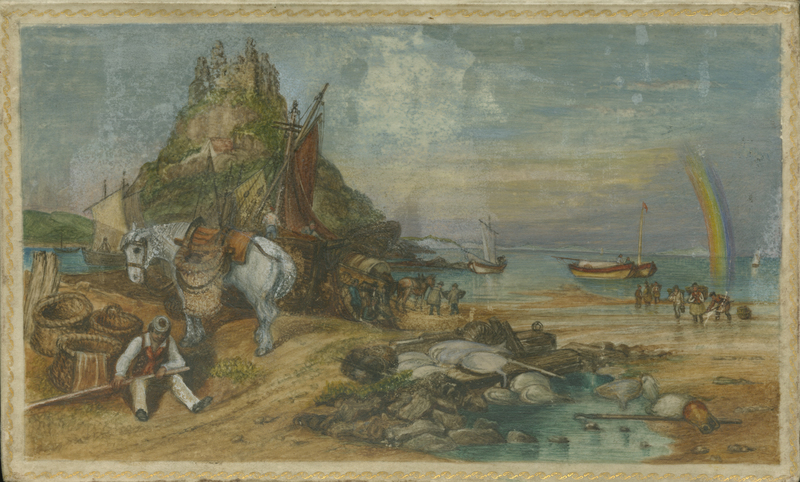
The Picturesque
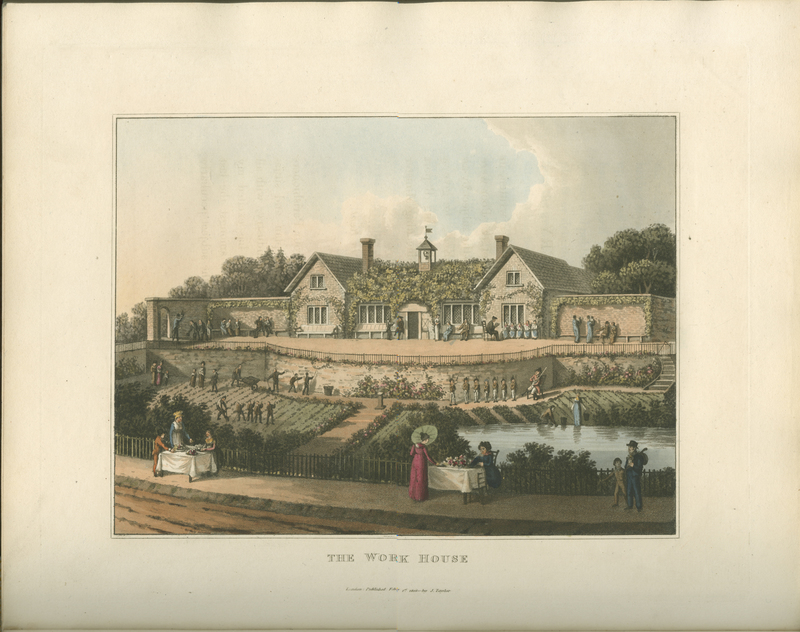
Poverty

